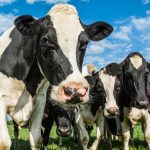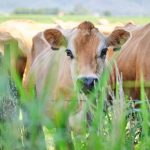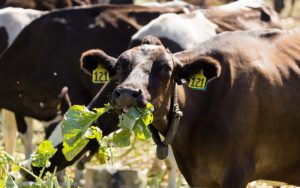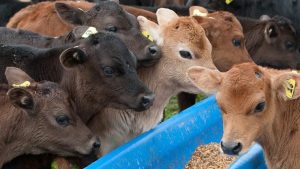
Dairy farmers are calling on the Government to let in 1500 foreign workers to meet the sector’s shortfall next year, if borders remain closed.
Dairy NZ, Federated Farmers and Dairy Women’s Network have asked for changes to be made to class exceptions by Agriculture Minister Damien O’Connor.
They want the workers to be able to quarantine in separate on-farm housing, if they are fully vaccinated and adhering to strict Covid protocols.
Dairy NZ chief executive Tim Mackle says difficulty in obtaining MIQ space has been a key frustration which has hindered the arrival of workers granted dairy class exception visas this year.
“Severely limiting the dairy sector’s access to international labour is creating unacceptable levels of stress for farmers and their teams, which presents some risks to animal welfare and limits dairy’s future productivity at a time when our contribution to New Zealand is critical for our wider economy,” he said.
A recent survey jointly conducted by Dairy NZ and Federated Farmers found that half of dairy farmers reported they were short-staffed.
The request came as New Zealand unemployment rates fell to 3.4 per cent to equal the lowest level seen since 2007.

The survey showed that 87 per cent of farmers made changes to appeal to local employees including improved rosters, reduced hours, flexible milking schedules and increased salaries, but there were still significant worker shortages, Mackle said.
Federated Farmers immigration spokesman Chris Lewis said farmers needed certainty they would be able to access international workers for next year.
“The border processes Government used this year were hugely frustrating for farmers. If our borders do remain closed, we need processes streamlined to provide farmers with confidence they can recruit staff and get them into New Zealand much faster.

“The Government needs to commit to acting now so we can access the people we need for next season,” he said.
Dairy Women’s Network chief executive Jules Benton said the current shortage had created high levels of stress for farming families, who needed assurances they would be able to fill roles.
“Levels of physical and mental fatigue are not sustainable and as a sector we are hugely concerned about the wellbeing of our people.”
Farmers were able to offer new foreign workers safe home quarantine in rural areas, which would take the pressure off MIQ facilities.
The industry bodies were looking to meet with O’Connor to lobby for border exception applications to open by February, so workers could be on farms ahead of calving in July.
























